Data science textbooks, in particular, are ubiquitous and abundant—but only a few will genuinely take you where you want to be. This is why we’ve compiled a list of the best data science books for people with different backgrounds and expertise levels.
Note: All listed prices are for physical and mostly hardcover formats of the books—if you’re interested in audiobooks or ebooks, the prices would likely be significantly lower.
Best Books to Learn Data Science
- An Introduction to Statistical Learning [Beginner]—$78.95
- Elements of Statistical Learning [Beginner]—$61.93
- Naked Statistics—Stripping the Dread From the Data [Beginner]—$37.78
- Business Data Science [Beginner]—$23.94
- Statistical Rethinking: A Bayesian Course with Examples in R and Stan [Intermediate]—$80.42
- Linear Models with R [Intermediate]—$74.99
- Pattern Recognition and Machine Learning [Intermediate]—$75.05
- Designing Data-Intensive Applications [Expert]—$27.88
1. An Introduction to Statistical Learning
Author(s): Trevor Hastie, Gareth M. James, Robert Tibshirani, Daniela Witten
Rating: 4.5/5
Price: $78.95
Level: Beginner
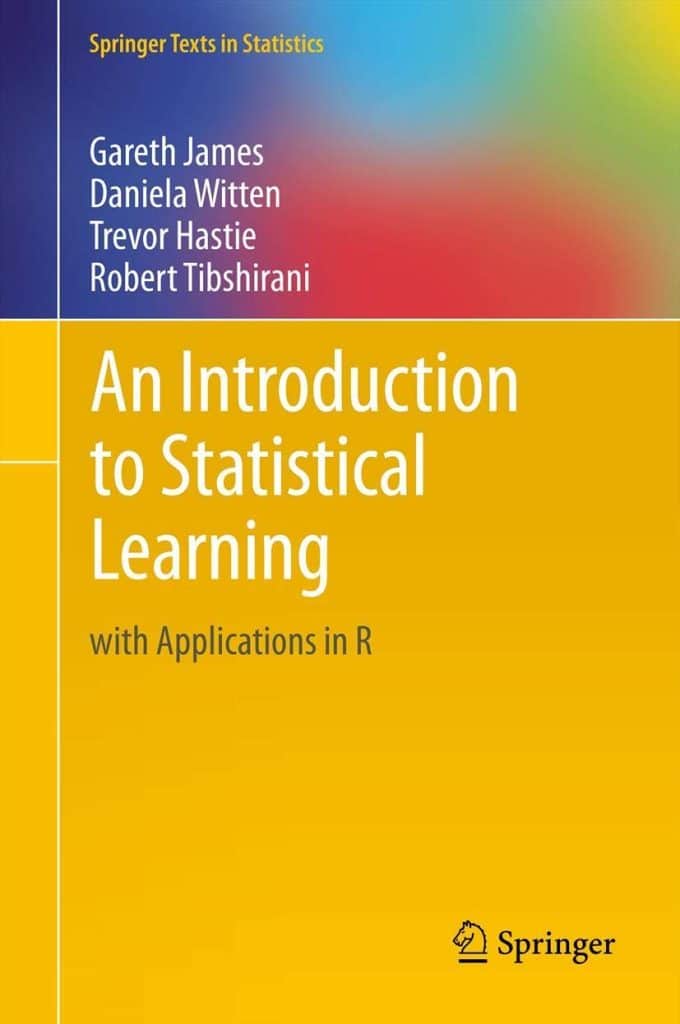
This is one of the books for data scientists widely known as a staple introductory text for learning data science, appropriate for beginners in the field. The authors wrote the book intending to introduce statistical learning methods in a nonmathematical way using R-based examples.
It teaches the essential techniques for supervised learning: linear regression, classification, resampling methods, linear model and selection and regularization, TreeBased methods, support vector machines, and unsupervised learning. Emphasizing interpretation and practical applications rather than theory, this text takes the reader through each technique step by step, using either R as the implementation language. It explains the rationale behind the methods and shows how they are derived.
2. Elements of Statistical Learning
Author(s): Jerome Friedman, Trevor Hastie, Robert Tibshirani
Level: Beginner
Rating: 4/5
Price: $61.93
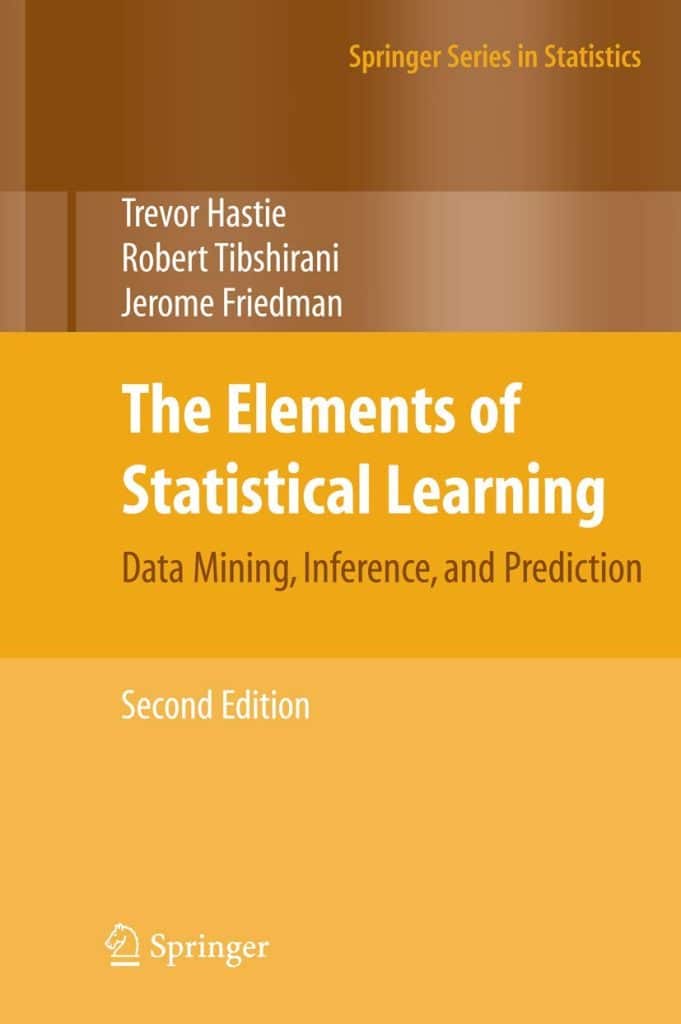
Prepared for eager learners by Stanford professors Jerome Friedman, Trevor Hastie, and Robert Tibshirani, Elements of Statistical Learning is another one of the outstanding introductory data science books for beginners—however, it is for those more well-versed in mathematical and logical terminology and practices. It’s a bit heavier for a casual reader than An Introduction to Statistical Learning.
Elements of Statistical Learning explains a modern approach to data science that has changed how researchers and practitioners approach their work. This hands-on guide introduces the most effective tools for making sense of the contemporary data deluge, including classification algorithms (decision trees and rule sets); regression models (least squares methods, generalized linear models, and shrinkage estimation); dimensionality reduction methods such as projection pursuit and singular value decomposition; cluster analysis; recommendation engines; time series prediction; and feature extraction.
3. Naked Statistics—Stripping the Dread From the Data
Author(s): Charles Wheelan
Level: Beginner
Rating: 3.5/5
Price: $37.78
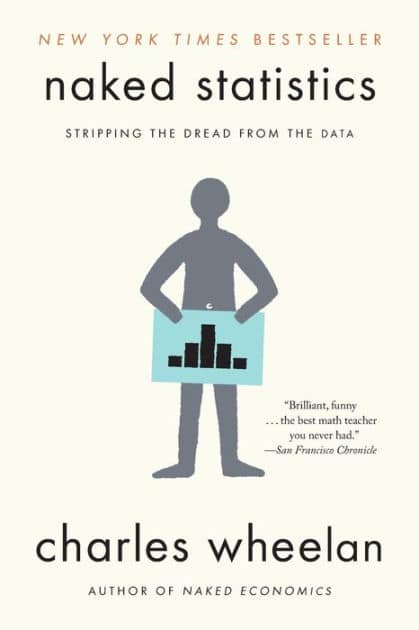
Whenever Netflix suggests a perfect show to you, remember it’s because of a seemingly endless sea of data analyzed and applied to its algorithm. Naked Statistics is another excellent book to get you started learning about the field, with Wheelan focusing on fundamentals and discarding any overtly technical tone.
When talking about the best data science books for beginners, one can’t exclude Naked Statistics—if you’re self-taught in the field, this textbook can help fill out some blanks and complete your knowledge of the fundamentals of statistics.
4. Business Data Science
Author(s): Matt Taddy
Level: Beginner
Rating: 4/5
Price: $33.67
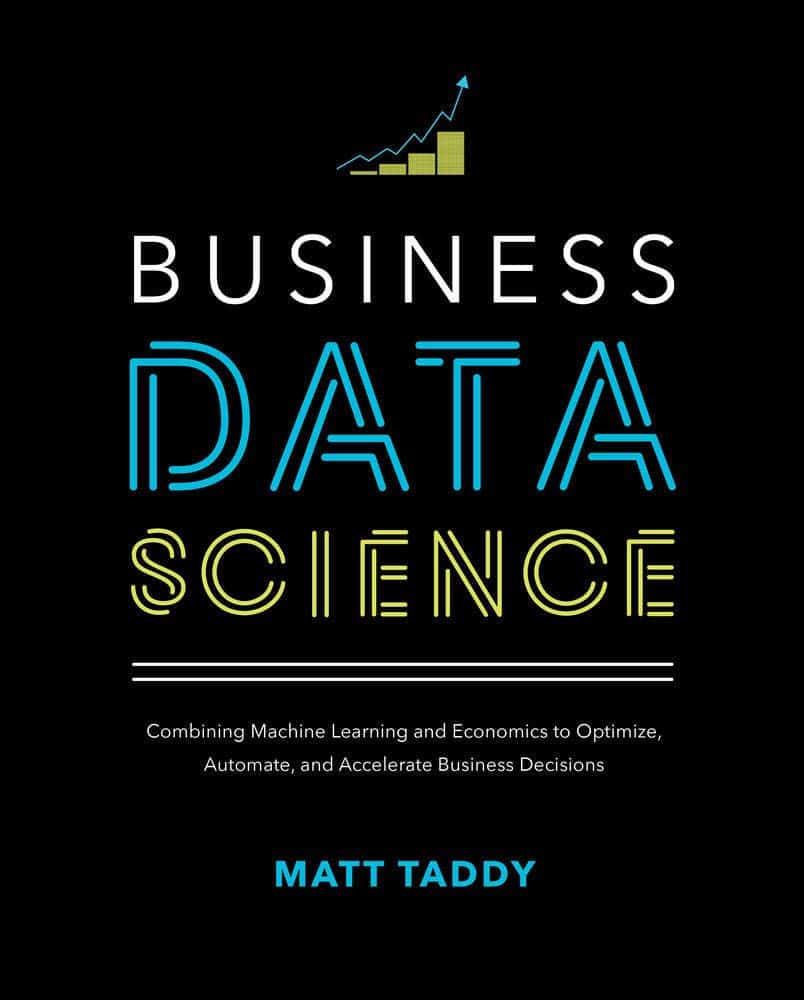
The Business Data Science book will undoubtedly help you understand your customers better and, therefore, make more-informed business choices—it’s an ideal reference for people who want to maximize the value of their data. It explains how to collect and use data, as well as how to interpret it effectively in straightforward terms.
Aside from introducing some actionable examples, this textbook can teach you main data science principles, as well as how to focus on causation instead of correlation and connect the real-life business problem to data—the better your understanding of data, the more effective moves you can make for your company.
5. Statistical Rethinking: A Bayesian Course with Examples in R and Stan
Author(s): Richard McElreath
Level: Intermediate
Rating: 4/5
Price: $80.42
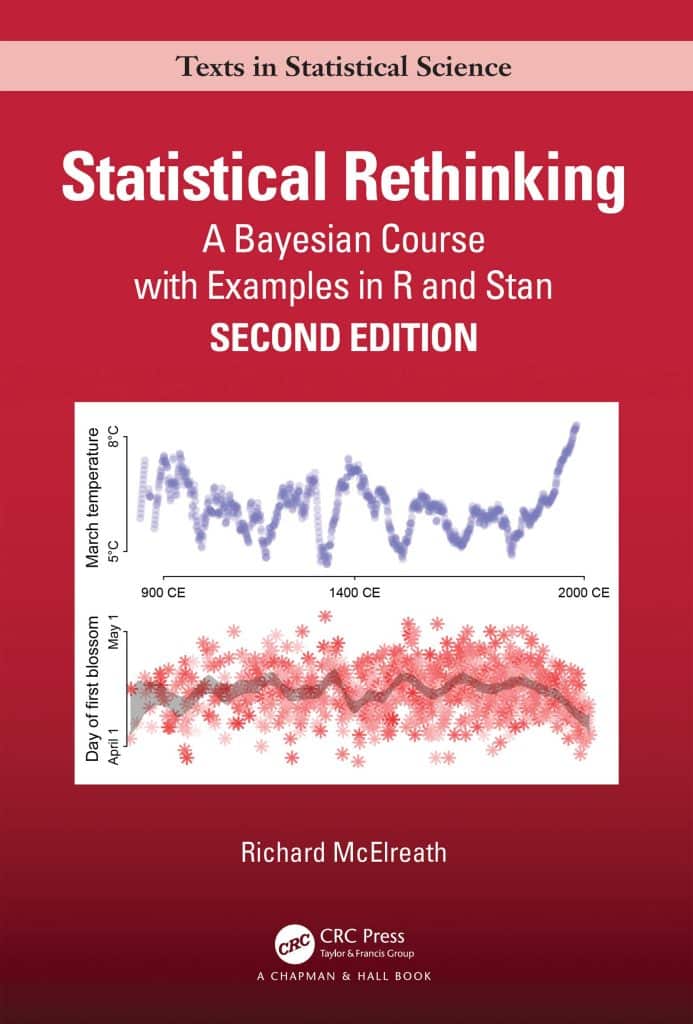
Statistical Rethinking: A Bayesian Course with Examples in R and Stan is a hands-on guide to performing probabilistic reasoning, and it’s still one of the best data science books to rely on in 2022. Written for the classroom, you’ll learn how to perform step-by-step calculations, reflecting the need for scripting in today’s model-based statistics. You’ll also learn enough underlying details to make informed choices and interpretations when modeling your data.
One of the most appealing aspects of Statistical Rethinking is the author’s personable style of presenting complex problems.
6. Linear Models with R
Author(s): Julian J. Faraway
Level: Intermediate
Rating: 3.5/5
Price: $74.99
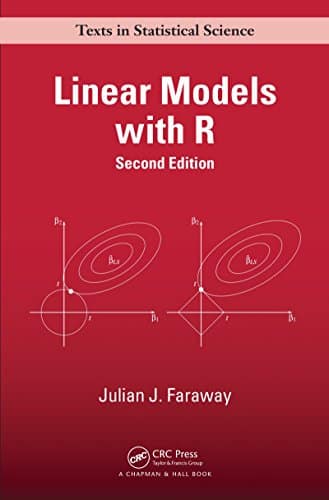
Linear Models with R is a book written to help people understand linear models using the R language. It explains different methods and their respective applications. The contents include but are not limited to learnings about estimation, inference, diagnostics, variable selection, shrinkage methods, and analysis of variance.
However, it’s intended for a more knowledgeable readership, so beginners should avoid it before mastering the basics of statistics.
7. Pattern Recognition and Machine Learning
Author(s): Christopher Bishop
Level: Intermediate
Rating: 3/5
Price: $75.05
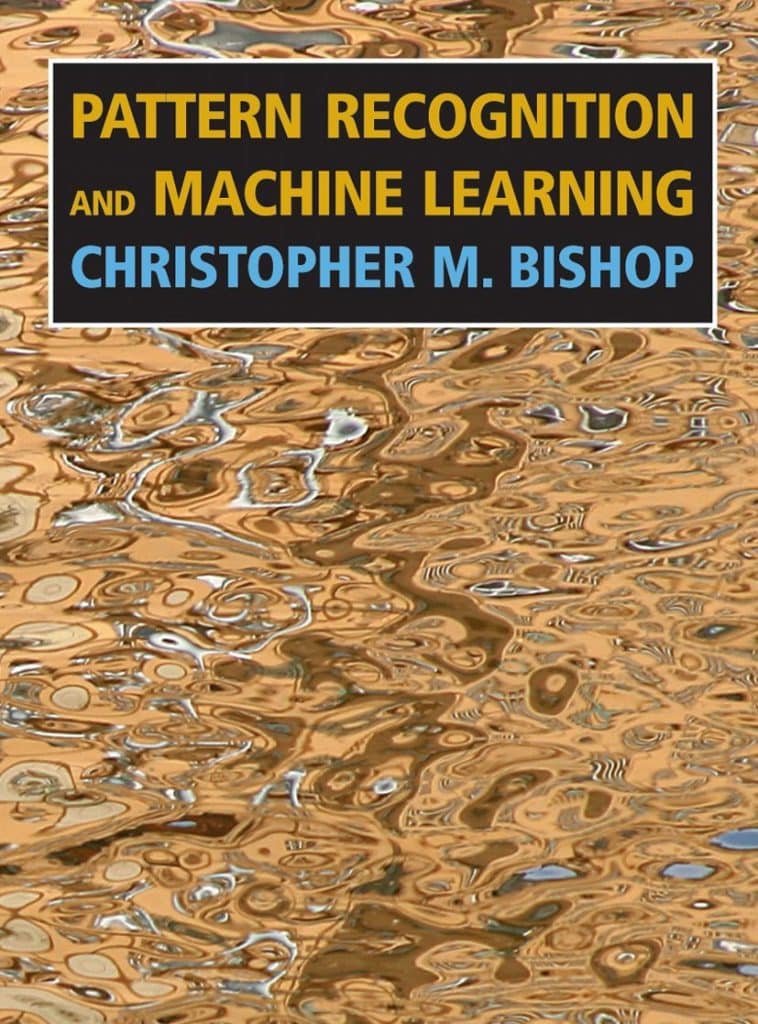
Pattern Recognition and Machine Learning is ideal for those wanting a comprehensive overview of the machine learning field.
Christopher Bishop offers solutions to math problems in an intuitive and storytelling way, thoroughly covering topics like linear models for regression, kernel methods, graphical models, mixture models, and EM, continuous latent variables, sequential data, among its total of 14 sections.
8. Designing Data-Intensive Applications
Author(s): Martin Kleppmann
Level: Expert
Rating: 3.5/5
Price: $27.88
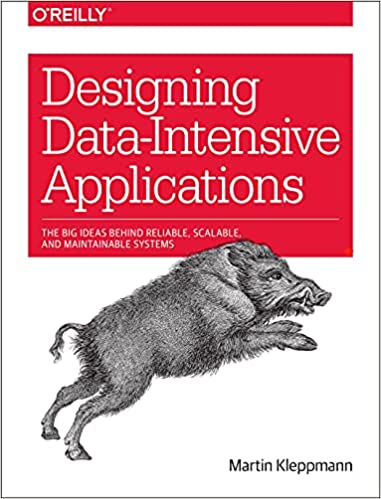
The software keeps developing each year, but the basics stay the same—Martin Kleppman aims to guide a reader through the ever-changing world of data processing and storage in one of the best O’Reilly books for data science.
In the era of big data, this book provides a fresh perspective on the architecture of data-intensive applications, helping one to:
- making data systems scalable
- making systems easy to maintain
- minimizing downtime
It’s a practical textbook guide for anyone who develops applications that use a server or cloud-based system to store and process data.
